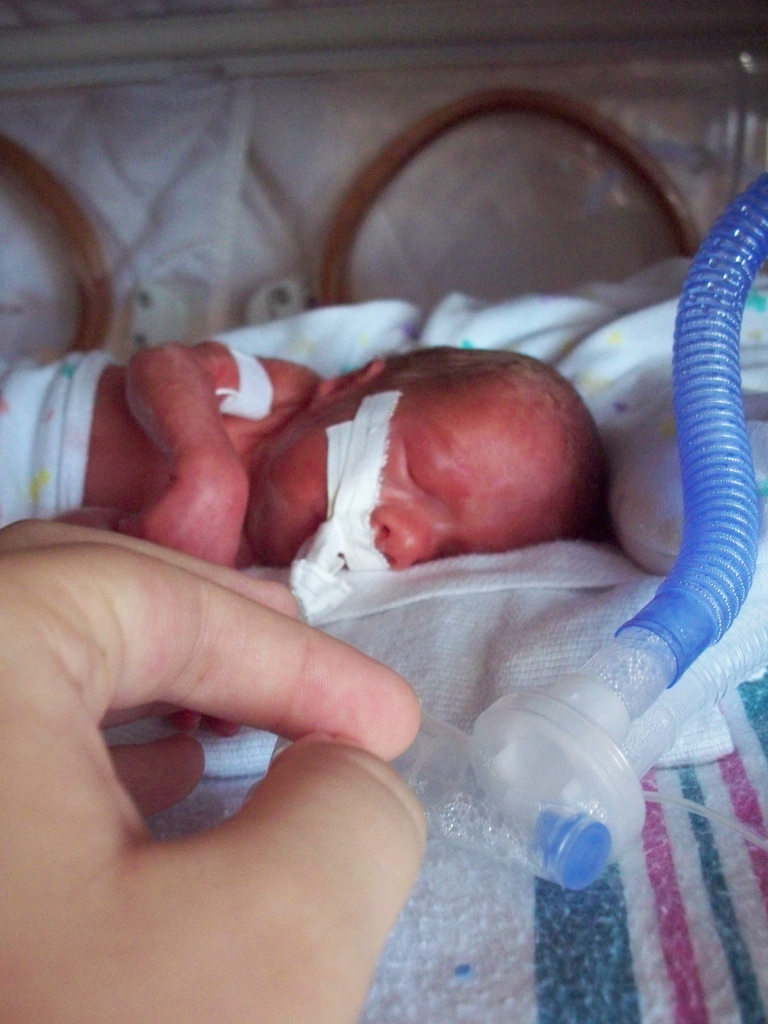The Court of Appeal has stated that a statement in a capacitous patient’s medical notes that resuscitation should not be attempted (a ‘Do Not Attempt Resuscitation’ Order – DNAR), should usually only be inserted after consultation with the patient: see R (Tracey) v Cambridge University Hospitals NHS Foundation Trust and others [2014] EWCA Civ 822 (17 June 2014).
The facts have been widely aired in the media: see, for example, here.
Mrs. Tracey had terminal lung cancer. Her clinicians indicated in the notes that no attempts at resuscitation should be made. Her family found out about this, and were outraged, saying that the DNAR order should not have been made without consultation with Mrs. Tracey. Their quarrel was not with the medical appropriateness of the determination that resuscitation would not be in Mrs. Tracey’s best interests, but with the procedure – the failure to consult. This, they said, violated Mrs. Tracey’s rights under Article 8 of the ECHR.
The Resuscitation Council, intervening, said that a requirement to consult with the patient would interfere with clinicians’ ability to deliver individual and compassionate care. A patient might, for instance, be very distressed by a discussion about a possible DNAR order.
The outcome can be briefly stated:
- Mrs. Tracey’s Article 8 rights were engaged by recording the DNAR in the notes. This followed from, inter alia, Pretty v UK (2002) 35 EHRR 1.
- Her Article 8(1) rights were violated by failing to involve her in the process
- Article 8(2) required the policy adopted by a Trust in relation to DNAR orders to be sufficiently clear and accessible: see Purdy v DPP [2009] UKHL 45; [2010] 1 AC 345.
- The absence of a mandatory national DNAR policy was not a violation of Article 8. Local policies would, if properly formulated, satisfy the demands of Article 8(2)
- The concerns of the Resuscitation Council were real, but could be met by an important caveat: there should be consultation with the patient unless the clinician ‘thinks that the patient will be distressed by being consulted and that distress might cause the patient harm.’Read More »Do Not Attempt Resuscitation orders: should you discuss with the patient?


